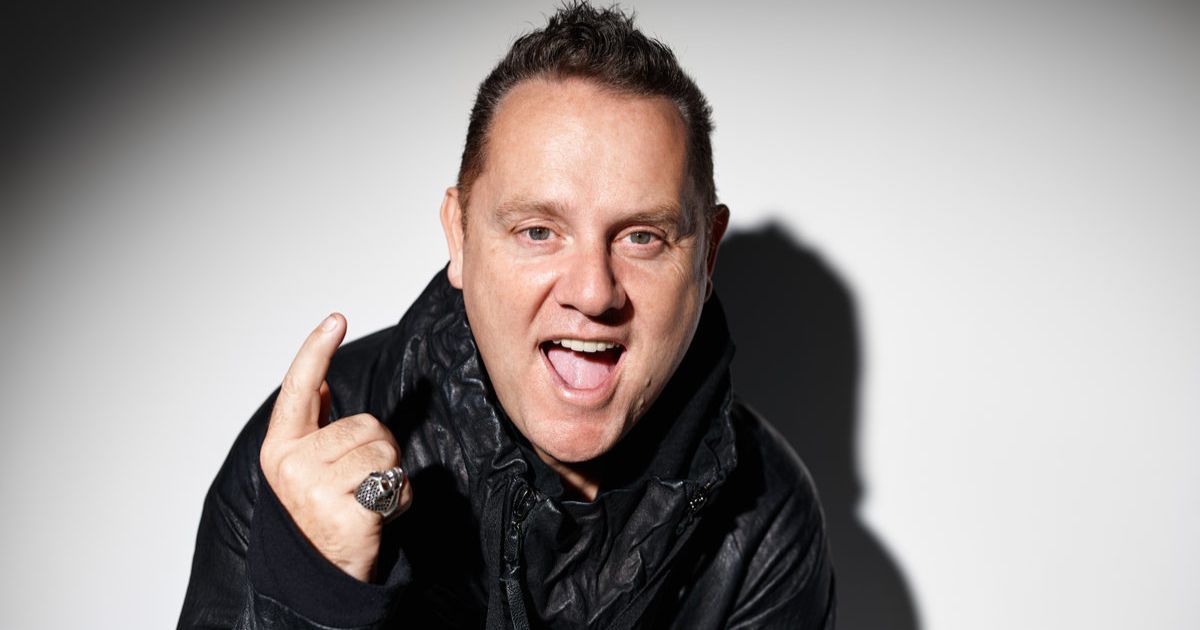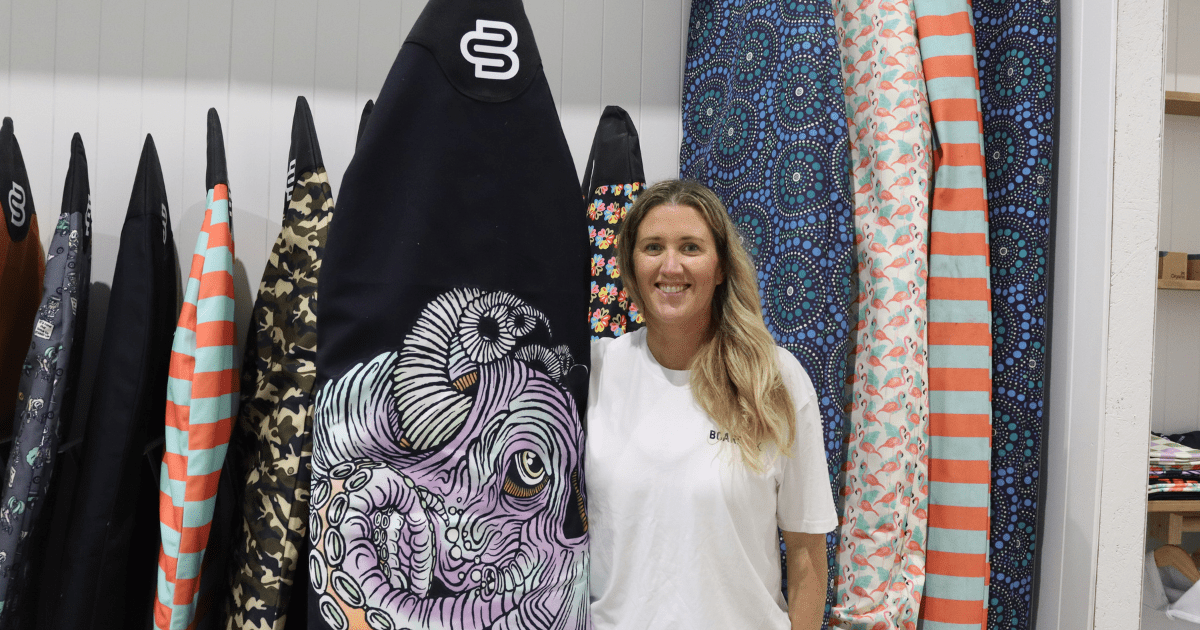Equality in gold: Women shine in Paris

Australia took home 18 swimming medals from the Paris Olympics, including seven gold. Pictured here (L-R) are Lani Pallister, Bri Throssell, Ariarne Tirmus and Mollie O'Callaghan after winning the 4x200m freestyle relay. Photo: DAVE HUNT/AAP IMAGE
From swimmer Kaylee McKeown’s back-to-back titles in the 100m and 200m backstroke events to BMX rider Saya Sakakibara’s emotional win after a horror crash in Tokyo, Australia’s female athletes dominated the podium at the Paris Olympics.
It means Australia has walked away with its best Olympic medal tally yet, finishing fourth overall, with the country’s female stars winning 13 of its 18 gold medals and 32 of its total 53 medals.
The Paris Olympics also marks the first time in the history of the Olympic Games that there has been equal representation between women and men, a highlight Women’s Health and Wellbeing Barwon South West chief executive Jodie Hill said was cause to celebrate.
This year, at just over 55 per cent, Australia’s Olympic team also featured its highest ever proportion of women.
“100 years ago, Australia sent an all-male team to the 1924 Paris Olympics. This year, we had 256 women athletes represent our nation and we achieved the best medal tally in our history,” Ms Hill said.
“Our female athletes achieved amazing results, alongside their male counterparts, and it shows that a win for women can be a win for all.”
Female participation in the Olympic Games has steadily increased since women were first permitted to compete in a small number of events at the 1900 Paris Games, comprising just 2.2 per cent of athletes.

It wasn’t until the 2012 London Games that women were allowed to compete in all the events on the Olympic program, and with the International Olympic Committee (IOC) this year providing an equal number of quota places for female and male athletes, gender parity on the field of play has been achieved for the first time.
In March, IOC president Thomas Bach said reaching equal gender representation was one of the most important moments in the history of women at the Olympic Games and in sport overall.
But, the benefits of investing in gender equality extend far beyond the Olympic arena, Ms Hill said.
“Diverse and inclusive workforces are proven to achieve increased productivity, efficiency and innovation,” she said.
“Increased gender diversity on boards and in senior executive positions is strongly associated with better financial performance.”
She pointed to a study, undertaken by McKinsey & Company in 2017, which found that companies in the top quartile for gender diversity on their executive teams were 21 per cent more likely to experience above-average profitability.
By contrast, companies with a low representation of women and other diverse groups were almost 30 per cent more likely to underperform on profitability.
“Strong, successful and profitable organisations translate into opportunity, job security and growth, and this is a win for the broader community,” Ms Hill said.

















